
Unleashing the full potential of AI-powered chatbots has never been easier. With the advent of OpenAI’s ChatGPT, the field of conversation AI has been revolutionized, opening up a world of endless possibilities. But amidst this exciting breakthrough, one question lingers: can just anyone create ChatGPT plugins? In this article, we delve into the intricacies of crafting these cutting-edge plugins and unearth the answers that lie beneath the surface. Step into the realm of possibility as we embark on an exploration, challenging the boundaries of AI development and uncovering the secrets that await those who dare to venture into the realm of ChatGPT plugin creation.
Table of Contents
- Developing ChatGPT Plugins: Accessibility and Customization Options
- Exploring the Capabilities and Limitations of ChatGPT Plugin Creation
- Best Practices and Considerations for Building ChatGPT Plugins
- Enhancing User Experience with Well-Designed and Collaborative ChatGPT Plugins
- Frequently Asked Questions (FAQ’s)
- Insights and Conclusions
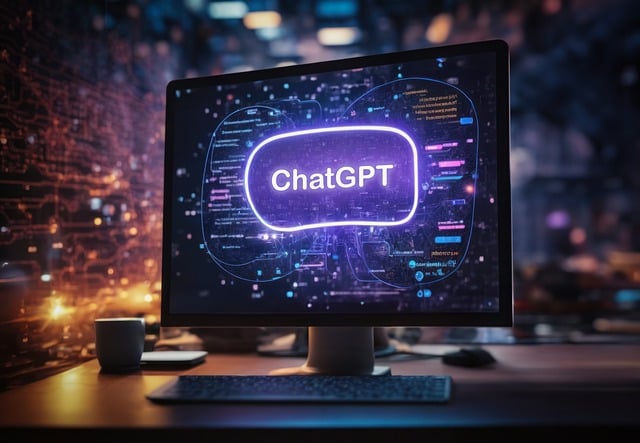
Developing ChatGPT Plugins: Accessibility and Customization Options
ChatGPT, the revolutionary language model developed by OpenAI, has opened up a world of possibilities for developers and users alike. With its intuitive interaction capabilities and adaptability, ChatGPT has gained popularity for creating engaging conversations and providing valuable information. One of its key strengths lies in its extensibility, allowing developers to create plugins that enhance its accessibility and customization options, **empowering anyone** to create their own unique conversational experiences.
**Accessibility** is a vital aspect of any software, and ChatGPT acknowledges its significance. By developing plugins, developers have the opportunity to make ChatGPT more accessible to users with diverse needs. For instance, plugins can be designed to incorporate text-to-speech functionality, enabling visually impaired users to interact with ChatGPT seamlessly. Similarly, plugins can include features that support multiple languages, making ChatGPT accessible to a wider user base around the globe. With the ability to create customized plugins, developers can effectively address accessibility concerns and make ChatGPT a more inclusive conversational interface.
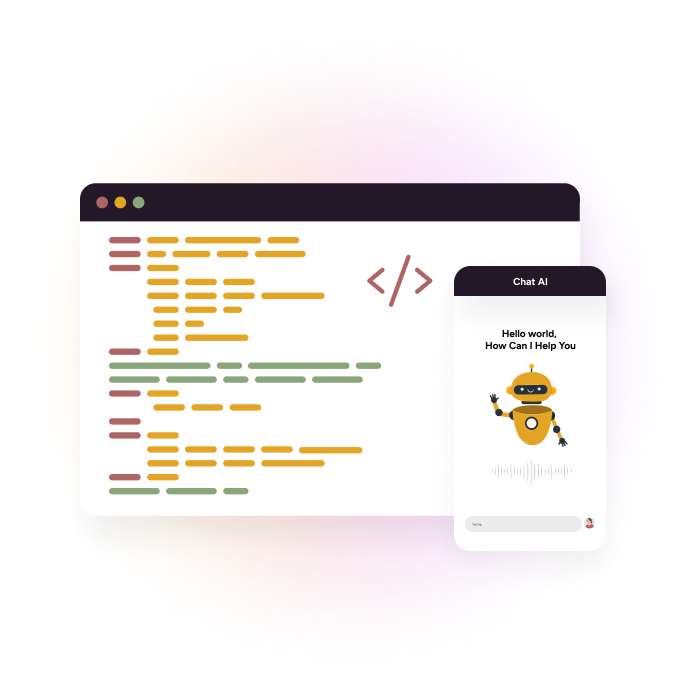
Exploring the Capabilities and Limitations of ChatGPT Plugin Creation
When it comes to enhancing the power of ChatGPT, the innovative plugin creation feature of chat.openai.com opens a door to endless possibilities. But one might wonder, “Can anyone create ChatGPT plugins?” Let’s dive deeper into this domain and unravel the secrets that lie beneath.
1. Crafting Unique Conversational Experiences: ChatGPT Plugin creation empowers developers and users alike to mold their conversations into personalized, immersive experiences. By leveraging the powerful API provided by chat.openai.com, developers can unleash their creativity and design plugins tailored to their specific needs. Whether it’s creating virtual characters, gamifying conversations, or simulating different scenarios, the possibilities are boundless.
2. Harnessing Plugin Limitations: While the ChatGPT Plugin creation feature is revolutionary, it does come with certain limitations that developers should take into account. The plugin architecture does not support external API calls, preventing plugins from directly accessing real-time data. Additionally, plugins are unable to issue messages that trigger specific API actions. Understanding and working around these limitations ensures developers can fully utilize the potential of ChatGPT plugins while crafting captivating conversational experiences.

Best Practices and Considerations for Building ChatGPT Plugins
ChatGPT, available at chat.openai.com, offers a powerful platform for building conversational AI applications. With the ability to develop custom plugins, transforming your ideas into reality has never been easier. **Creating ChatGPT plugins requires both technical expertise and thoughtful considerations** to ensure a seamless and user-friendly experience. In this post, we will delve into the best practices and essential considerations to keep in mind when crafting your ChatGPT plugins.
Understanding the Target Audience
**Identifying your target audience** is crucial to building a successful ChatGPT plugin. Consider who will be using your plugin and what purpose it serves. Will it be assisting professionals in a specific industry, or will it cater to a broader demographic? Understanding your audience’s needs and preferences will help guide your plugin’s design and functionality. Conduct user research, gather feedback, and incorporate relevant features that resonate with your users.
Designing a Clear and Intuitive User Interface
**An intuitive user interface** is fundamental to creating an exceptional user experience. Keep the design clean, incorporating familiar elements that users are accustomed to. Implement clear and concise labels, enabling users to interact seamlessly with your ChatGPT plugin. Utilize colors, fonts, and visual cues that are visually appealing and enhance user engagement. Aim for simplicity and avoid overwhelming users with unnecessary complexities. Regularly test and iterate your design to ensure it aligns with user expectations and behavior.
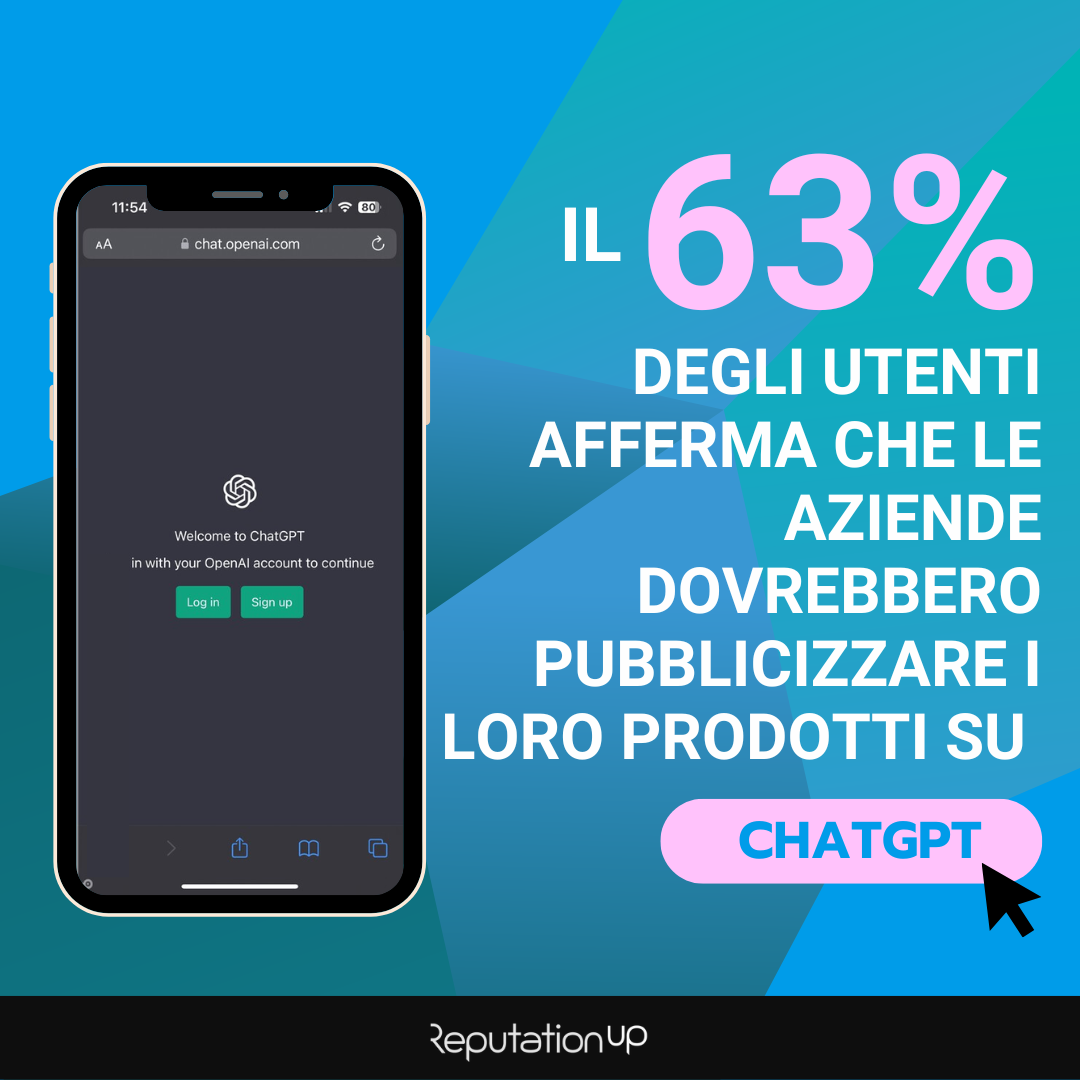
Enhancing User Experience with Well-Designed and Collaborative ChatGPT Plugins
Imagine a world where you can seamlessly integrate ChatGPT into your favorite applications and platforms, allowing for enhanced user experiences and improved productivity. With the power of well-designed and collaborative ChatGPT plugins, this vision becomes a reality. These plugins serve as building blocks that enable anyone, regardless of technical expertise, to customize and personalize their ChatGPT experience, making it a truly versatile conversational AI tool.
**The possibilities are endless** when it comes to creating ChatGPT plugins. Whether you’re an individual developer, a small team, or even an enterprise looking to optimize your customer support, **you can now tailor ChatGPT to meet your specific requirements**. By leveraging the open architecture of ChatGPT and harnessing the extensive APIs and frameworks provided by the platform, you have the freedom to extend its functionalities and integrate it seamlessly into your existing infrastructure.
- **Simplify complex workflows:** With custom ChatGPT plugins, you can automate repetitive tasks, streamline complex workflows, and provide immediate access to relevant information, saving time and effort.
- **Enhance customer support:** By integrating ChatGPT into your support systems, you can provide instantaneous and accurate responses to customer queries, improving satisfaction and reducing response times.
- **Create interactive experiences:** With ChatGPT plugins, you can craft engaging, interactive experiences for your users, such as virtual assistants, game characters, or language tutors.
- **Collaborate and share:** The collaborative nature of ChatGPT plugins allows developers to collaborate on plugin creation, leveraging the collective wisdom and expertise of the community to build even more powerful and versatile plugins.
Frequently Asked Questions (FAQ’s)
Q: Can anyone create ChatGPT plugins?
A: Absolutely! Creating ChatGPT plugins is open to everyone willing to dive into this exciting world of conversational AI.
Q: What is a ChatGPT plugin?
A: A ChatGPT plugin is an extension that allows you to customize and enhance the capabilities of ChatGPT, OpenAI’s advanced language model, making it more tailored to specific tasks or domains.
Q: Do I need prior expertise to create ChatGPT plugins?
A: While prior expertise in programming and software development is beneficial, it is not a strict requirement. OpenAI provides comprehensive documentation and resources to help developers at various skill levels get started with plugin creation.
Q: What coding languages are compatible with ChatGPT plugin development?
A: ChatGPT plugins can be developed using any web programming language as long as it can communicate with the model’s API. Common languages like Python, JavaScript, and TypeScript are often used in plugin development.
Q: Can I monetize my ChatGPT plugins?
A: Yes, you can monetize your ChatGPT plugins by integrating them with various platforms and offering them as paid or subscription-based services. OpenAI encourages developers to explore different monetization options to support their efforts.
Q: Are there any limitations to what a ChatGPT plugin can do?
A: While ChatGPT plugins can enhance the capabilities of the base model, there are certain limitations to keep in mind. Plugins cannot access external services or information during inference, and they must ensure compliance with OpenAI’s usage policies.
Q: Can I collaborate with other developers to create ChatGPT plugins?
A: Absolutely! Collaboration is highly encouraged. OpenAI recognizes the power of collaboration and provides platforms like GitHub where developers can share ideas, collaborate, and build upon each other’s work to create innovative ChatGPT plugins.
Q: Are there any guidelines or best practices for ChatGPT plugin creation?
A: Yes, OpenAI provides guidelines and best practices to ensure that plugins meet quality standards, remain secure, and provide a good user experience. Following these guidelines helps developers create effective and well-implemented plugins.
Q: Can I contribute to the ChatGPT plugin ecosystem without creating my own?
A: Certainly! If plugin development isn’t your cup of tea, you can still contribute to the ChatGPT plugin ecosystem by providing feedback, suggestions, and ideas, or even by testing and refining existing plugins developed by others.
Q: Where can I find resources to get started with ChatGPT plugin development?
A: OpenAI’s website serves as a hub of information and resources for starting your journey into ChatGPT plugin development. They offer detailed documentation, tutorials, example code, and community support to help you get up and running quickly.
Concluding Remarks
As the realm of artificial intelligence continues to unfurl its innovative marvels, the question of creating ChatGPT plugins arises like a quizzical whisper in the minds of tech enthusiasts. Delving into this fascinating realm of possibilities has been a captivating journey, traversing the vast landscapes of creativity and ingenuity. We have pondered the question, dared to dream, and now stand at the precipice of a new frontier.
While the idea of crafting ChatGPT plugins may seem like an endeavor reserved for programming virtuosos or AI aficionados, the truth is that the power to create lies within each of us. The magic of this remarkable technology lies in its accessibility, enticing a multitude of minds to contribute their individual talents and ideas. For the domain experts, the developers, the programmers, and even the curious minds brimming with an insatiable thirst for creation, the pathway towards plugin invention is laid bare.
The journey begins with a spark of inspiration, as tantalizing possibilities fill the air. From enhancing the conversational skills of ChatGPT to nurturing its proficiency within a specific domain, the potential for plugins is limited only by imagination. As one delves into the development process, the understanding that anyone can participate in this awe-inspiring voyage becomes abundantly clear.
Gone are the days when plugin creation was confined to the rarefied echelons of tech elites. OpenAI embraces the collaborative spirit, providing documentation and resources that empower both experienced developers and passionate enthusiasts alike to realize their visions. Through the comprehensive Plugin API, a gateway to the realm of customization and personalization emerges, offering opportunities for novel creations that enliven and enrich the ChatGPT experience.
The democratization of plugin creation heralds a new era where individuals are invited to shape the fabric of AI interaction. This ocean of possibilities beckons, ready to be explored by creatives, entrepreneurs, and visionaries who dare to push the boundaries. Together, we stand on the precipice of an AI revolution, where the engagement with and influence over AI systems like ChatGPT are in the hands of the many, rather than the few.
So, can anyone create ChatGPT plugins? The answer resounds with resolute affirmation. Embark on this enthralling journey, and let your imagination unfurl across the digital tapestry. Unlock the potential within yourself, become a harbinger of change, and contribute to the evolution of AI. The power to shape the future lies within you. Embrace it, and together, let us redefine what is possible.





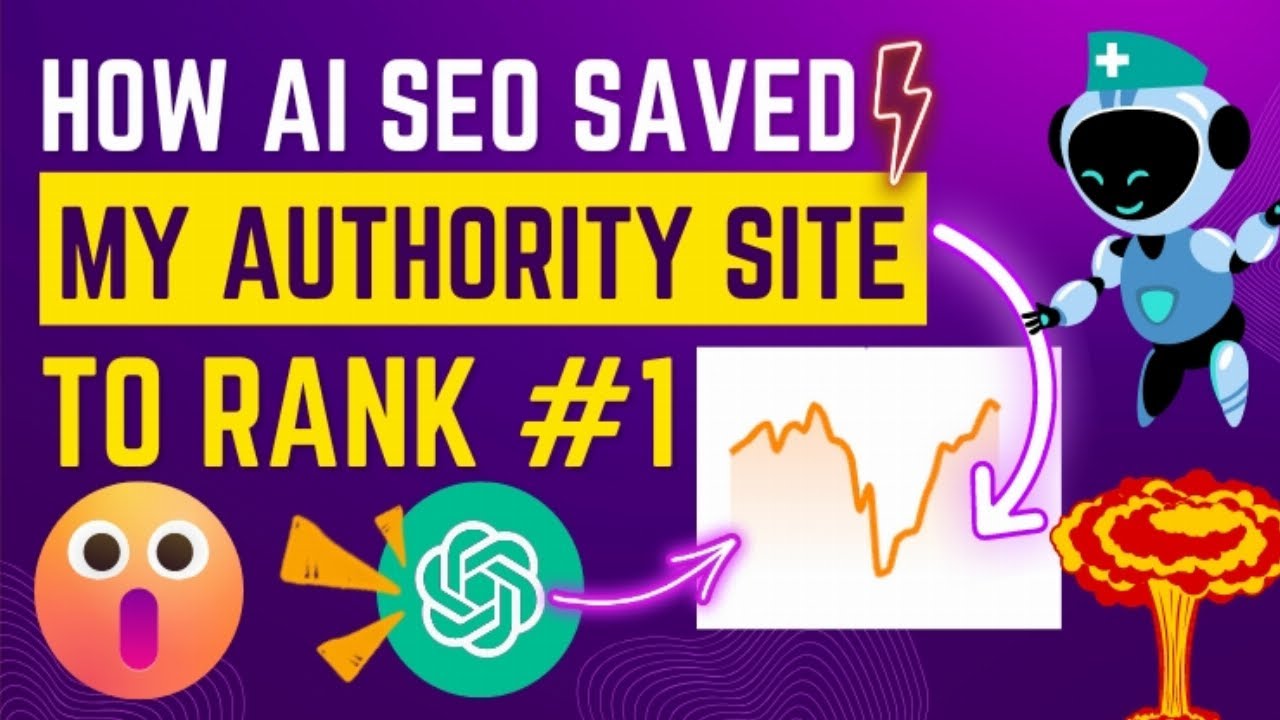



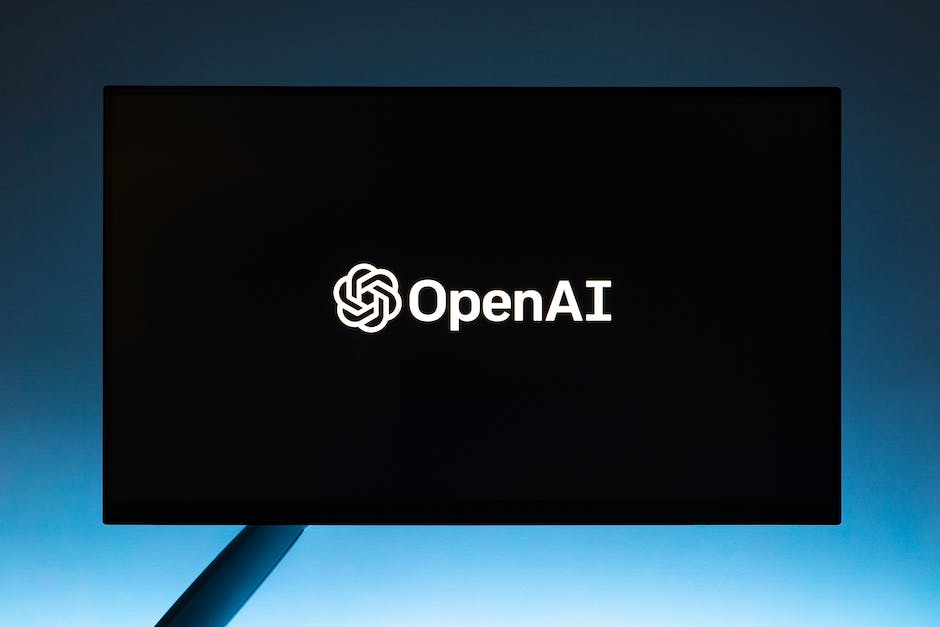









![MOUSOU THEATER 25 [Arino Hiroshi] – MOUSOU THEATER 25 | 3D Adult Porn Comics MOUSOU THEATER 25 [Arino Hiroshi] – MOUSOU THEATER 25 | 3D Adult Porn Comics](https://i0.wp.com/gedecomix.com/static/WP-manga/data/manga_62ed0df5a69d6/5408b2a7d2543b10f262299ffbed934b/1.jpg?w=60&resize=60,60)




Leave a Reply